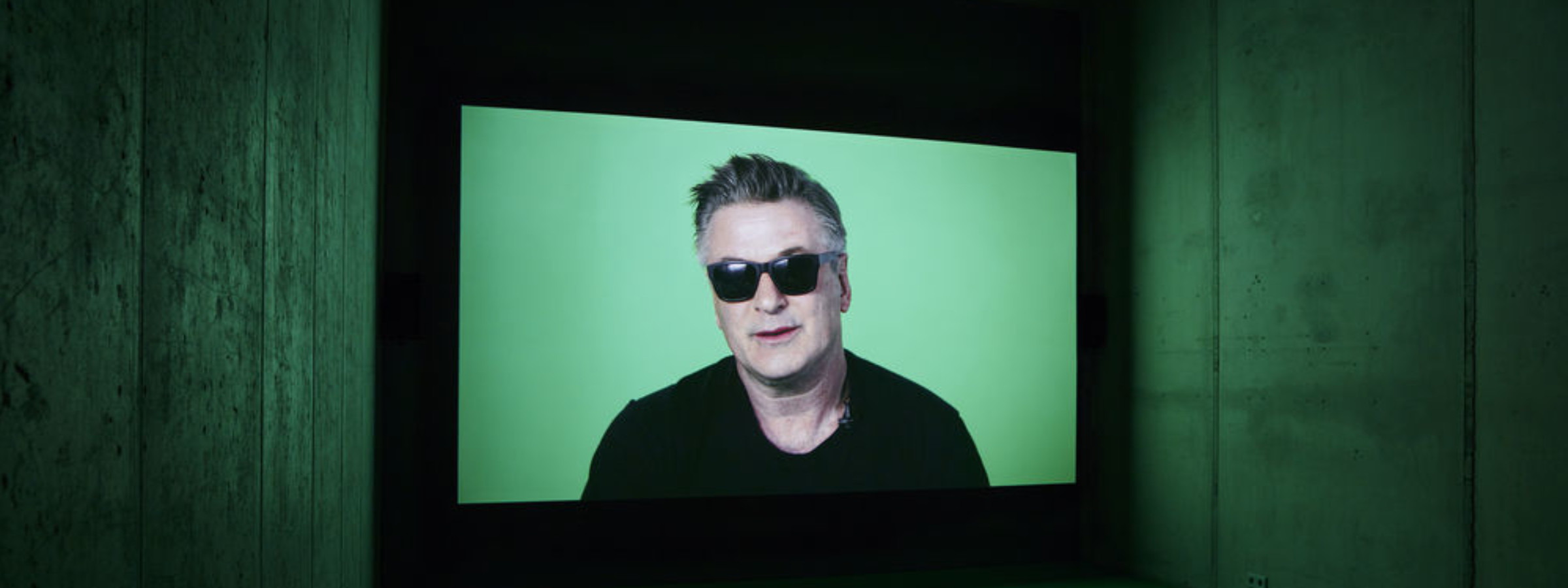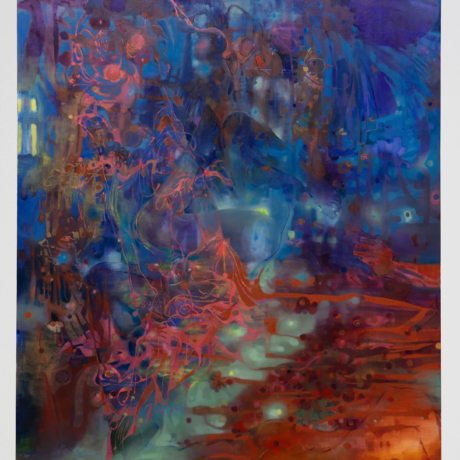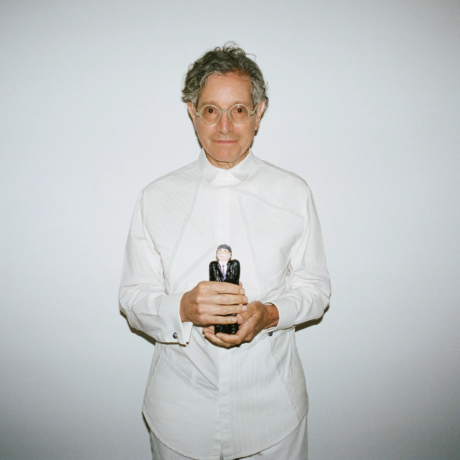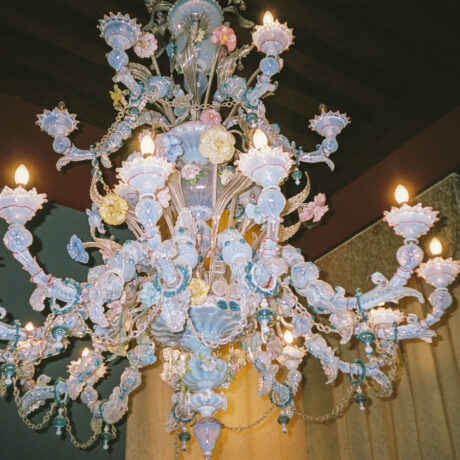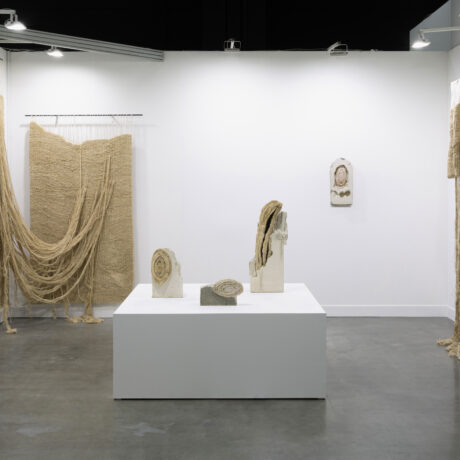It’s official, museums aren’t cool. This week it was reported that from 2015 to 2016 (get with the times people, how about 2017?) there was a sizeable 2.5 million drop in visitors to German museums. Some have been quick to claim the drop is merely because of the splendid programming in the previous year, which wasn’t matched by 2016, while others have suggested art simply can’t hold its own when competing with other leisure pursuits—not just for Germans within the country, but the mass of tourists who visit each year.
A city that gets an unparalleled amount of arty attention is already looking hopefully to the future. After closing the Venice Biennale last month, the director for 2019 has been announced: Ralph Rugoff, director of the Hayward Gallery in London since 2006. Rugoff will carry on with both roles, reopening the Hayward, which is known for its interactive, playful and bold exhibitions, next year. This will be the 58th edition of the Biennale.
One artist who stood out at the Biennale this year was South African artist Candice Breitz. She has been in the news this week after renaming her commanding video work, Love Story, in response to the National Gallery of Victoria’s dealings with Wilson Security, and the controversy surrounding the firm over their treatment of detained refugees in Australia’s offshore facilities. The work is renamed Wilson Must Go for its time in Australia.
A new report claims that female artists are likely to be valued lower by wealthy male collectors, contributing to a 47.6% discrepancy in sales at auction. Roman Kräussl, who led the University of Luxembourg report, mentioned that buyers were likely to view work by female artists as “inferior”, and says that the discrepancy in sales between the genders runs deeper than the historical lack of profile for female artists. One of the surveys in the report showed computer-generated paintings with randomly assigned artist names—some male, some female—to 1,000 people. The female works we ranked lower overall, suggesting that the gender bias is far from a past concern.
South Korea and China have shown signs of renewed friendship through culture, as an eleven-month ban on Korean art was lifted. It wasn’t just visual art that suffered from the embargo—Korean TV shows and the highly popular K-pop also fell under the ban. Perhaps it’s not such a bad thing if K-pop stays at home?
